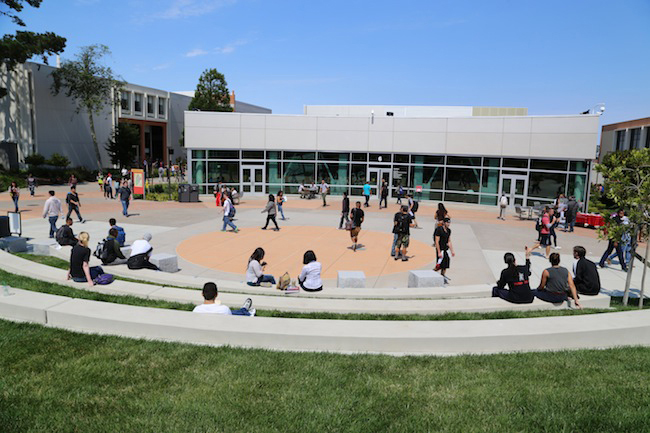by Suzanne Potter
California News Service
July 27, 2023 – California is rapidly expanding a program which allows students to pursue certain bachelor’s degrees at their local community college.
Right now, 27 schools offer or will soon offer a baccalaureate degree in career-oriented fields in high demand in the Golden State. A bill passed two years ago allows the state to approve up to 30 new degree programs per year.
Constance Carroll, president and CEO of the California Community College Baccalaureate Association, explained part of the rationale for offering more degrees in more locations.
“Most of the students who attend community colleges are what we call place-bound,” Carroll pointed out. “They oftentimes head families they’re working. They cannot move from their local communities in search of studies elsewhere.”
The programs are very cost-effective. Four years of tuition for the Baccalaureate study cost about $10,500, and many students save money by living at home. You can find a list of schools and programs on the California Community Colleges website.
Hayden Lampe earned an associate’s degree from Feather River College in rural Quincy, and plans to return to get her bachelor’s degree in ecosystem restoration and applied fire management.
“The approval of this program allows me to stay in this community that I love,” Lampe emphasized. “Not to mention the degree itself is going to be so much more affordable than one from a traditional university. So if it wasn’t for the availability of this degree, I likely would not have pursued higher education any further.”
Aisha Lowe, executive vice chancellor of the California Community Colleges, said accessibility is key.
“Our students are predominantly low-income students, students of color, first-generation students,” Lowe outlined. “Having those opportunities for an affordable pathway and a local pathway to a baccalaureate degree that leads directly into a workforce outcome is so essential.”
Current state law prohibits community college baccalaureate degrees from competing with degree programs offered at the University of California or Cal State schools. However, advocates would like to see exceptions made for fields facing a big labor shortage, like nursing or teaching.
Support for this reporting was provided by Lumina Foundation.
CA announces more health plan subsidies as 2024 rates rise
New health care subsidies for low-income families are expected to soften the impact of rising premiums.
On Tuesday CoveredCA announced premiums will go up by an average of 9.6 percent in 2024. However, state and federal assistance will counteract the increase for most of the 1.6 million people enrolled in plans from the state marketplace.
Jessica Altman, executive director of CoveredCA, said a new state cost-sharing program is targeted to people who make about $34,000 a year for a single person and $70,000 for a family of four.
“We will be completely eliminating deductibles for 650,000 enrollees, and some of those people will also see lower cost of generic drugs, of seeing your primary care doctor,” Altman outlined. “That will have a real impact.”
People who are currently enrolled will be notified of premium changes and whether a different plan might help them qualify for more assistance. The higher rates this year are blamed on inflation, a labor shortage, an increase in health care usage after the pandemic, plus the rising cost of care and of prescription drugs.
Altman noted it pays to shop around on the marketplace at CoveredCA.com.
“Comparing plans can really result in significant savings for consumers willing to consider making a switch,” Altman advised. “All enrollees should at least consider seeing what’s out there, and if there’s a better option for them and their family.”
The open enrollment period for people to enroll in a new plan for 2024 runs from Nov. 1 to the end of January.



